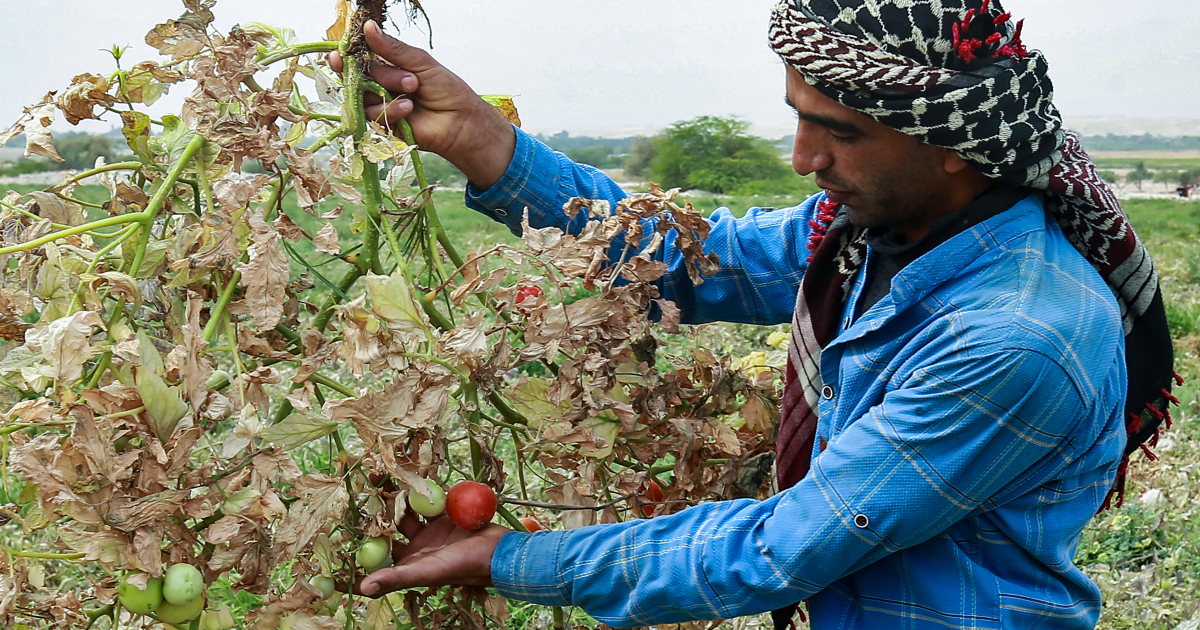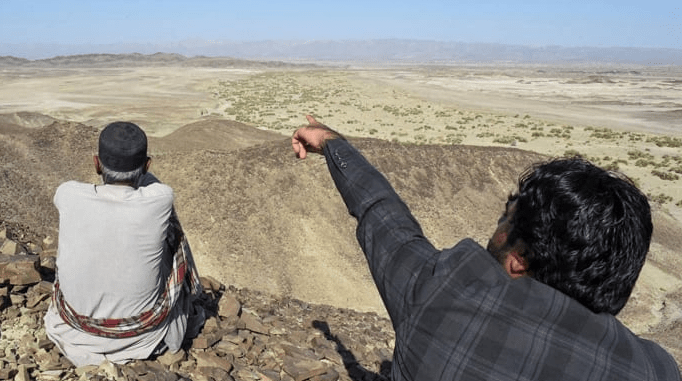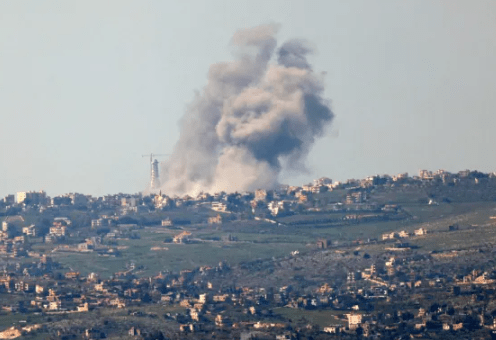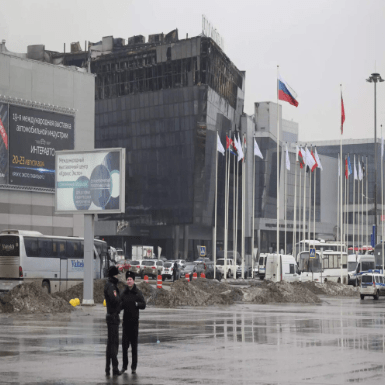Drought diplomacy boosts Israel-Jordan ties

Israel and Jordan are poised for an unprecedented increase in water cooperation amid increasing climate pressures.
As scientific warnings of dire climate change-induced drought grow, many in Israel and Jordan cast worried eyes at the river running between them and the critical but limited resources they share.
This month, the UN’s Intergovernmental Panel on Climate Change report (PDF) showed unequivocally that the climate is changing faster than previously feared, heaping pressure on finite water supplies even as demands grow greater than ever before.
But, experts say, instead of the pressure provoking arguments, Israel and Jordan could be poised for an unprecedented boom in water cooperation amid technological advancements and climate pressures.
Warnings about looming “water wars”, including in the Middle East, were often inflated, said Duke University professor Erika Weinthal.
“Water is a resource that allows for adversaries to actually find ways to cooperate,” said Weinthal, a specialist in global environmental politics, who has worked extensively on Israel-Jordan issues.
“If you look at the data, you see more cooperation over water than conflict, and where there is conflict, it is usually verbal.”
Jordan is one of the world’s most water-deficient countries, suffering from extreme droughts, and water cooperation with Israel long pre-dates a 1994 peace deal between the two.
The issue came to prominence in 1921, when Pinhas Rutenberg, a Russian-Jewish engineer who had moved to Palestine, convinced British authorities and Hashemite royals to approve a hydropower station where the Yarmuk tributary meets the Jordan River.
It continued after Israel’s founding in 1948, through decades when the nations were officially at war.
Solar for water swap?
Water deals, like all bilateral ties, suffered in recent years under former Israeli prime minister Benjamin Netanyahu, whom critics have accused of neglecting Jordan as he pursued deeper ties with Iran’s foes in the Gulf.
But there have been signs of progress since Prime Minister Naftali Bennett’s government took office in June, with the countries agreeing to their largest-ever water transaction.
New technologies reducing costs have made seawater desalination “a profitable concern”, with investors from Israel, Jordan and the United Arab Emirates – which just normalised ties with the Jewish state – showing interest, said Gidon Bromberg, Israel director at EcoPeace Middle East.
“The people that are going to invest in more desalination very much see the opportunities for profit,” Bromberg said.
It means that Israel – one of the world’s desalination leaders – can sell more water, including natural freshwater from the Sea of Galilee, to Jordan without threatening domestic demand, he said.
And Israel has a new incentive to do so, because it now needs something from Jordan in return, according to analysts.
To meet the 2015 Paris climate accord commitments, Bennett’s government has approved a target of reducing greenhouse gas emissions in the energy sector by at least 85 percent. Multiple assessments show Israel does not have enough land to ramp up the necessary solar production, so it will have to buy solar power from Jordan to hit its targets.
“For the very first time, all sides will have something to sell and something to buy,” said Bromberg, whose organisation works in Israel, Jordan and the occupied Palestinian territory, which is also struggling from a worsening water crisis.
This unprecedented alignment of interests could help repair semi-fractured diplomatic relations, he argued.
“There are relatively few opportunities to try and rebuild trust,” Bromberg added. “Water and energy are one of those rare opportunities.”
Palestinian issue key
Israel and Jordan have held meetings on water cooperation since the mid-1950s, including the “Picnic Table Talks”, US and UN-mediated discussions that helped shape water agreements in the 1994 peace deal.
Weinthal described those talks as “a lifeline for when these countries were technically at war”. But she also cautioned against investing too much hope in environmental diplomacy.
“This [latest] water agreement really breathes life into rekindling relations but … unless it is couched in the broader political process of dealing with the [Israeli] occupation, it will only go so far,” she said.
The July water purchase also saw Israel increase by fourfold the permitted value of Jordanian exports to the occupied West Bank.
In announcing the historic deal, Amman’s top diplomat Ayman Safadi stressed the need to establish a Palestinian state along Israel’s pre-1967 borders, with East Jerusalem as its capital. Those are terms that are anathema to Bennett’s government.
But water pressures are mounting.
“[Jordan] is now the second-most water insecure country in the world by some measures,” The Century Foundation, a US think-tank, wrote in December report.
“Water needs are expected to exceed resources by more than 26 percent by 2025.”





